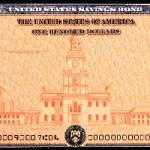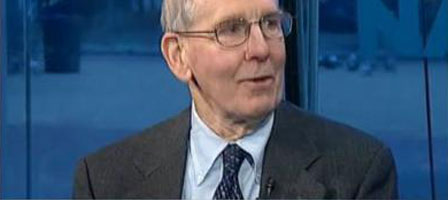It Should Be a Good Year for Investors
It is important to have a game plan that shapes our investment tactics – to move forward beyond the short-term volatility of the markets, reduce the risk of emotion-driven wrong decisions, and make it easier to ignore the turbulence.
The festive season offers an opportunity to do some serious thinking as well as relax. Liz and I had a wonderful vacation at the best resort hotel in Cambodia, La Résidence d’Angkor, where we were delighted and proud to find that the general manager is a fellow South African, Karin van Zyl. I had the time to consume some excellent brain food, such as John Mauldin’s book Endgame.
Looking forward, here’s how I see the major factors that are likely to influence values this year in the principal asset classes:
Equities
America’s stock market was the strongest of the major bourses last year and is likely to remain resilient despite the well-known negatives.
The crisis in real estate will worsen. The proportion of home owners with mortgage loans who are trapped in negative equity (they owe more than the value of their properties), already about 25 per cent, will creep up, as will defaults and foreclosures. It’s easy to foresee further declines in average home values of ten, 15 per cent before the market bottoms out.
Another round of the banking crisis threatens. Encouraged by their huge success in getting the politicians to guarantee them against default and provide virtually unlimited, almost-free loans, the bankers went on another speculative spree. But that has been coming to an end, and the bills are being presented – for gambling on Greek bonds, etc.
Occupy Wall Street and the Tea Party, whose anti-banker views have strong public support, make it much harder for the politicians to come to the aid of the financial classes — and other vested interests such as organized labour — with public money.
In an election year, policy compromises beyond very short-term fixes will be near-impossible. No serving or would-be congressman or senator will want to support measures such as raising taxes or cutting welfare benefits that will cost many more votes than can be gained through their showing responsibility about tackling the fundamental, long-term problem of ballooning public debt.
|
Against those negatives is a formidable array of positives for Wall Street:
► Earnings are growing and likely to continue doing so, driven by the formidable resources of corporate America – excellent big-company managements, global brands, and a culture that promotes inventiveness and business risk-taking.
► The financial climate is hugely favourable for those multinationals. They have strong balance sheets, access to as much really-cheap capital as they want, and get half their profits outside the low-growth domestic market.
► The climate for containing… squeezing… labour costs is also very favourable. It remains relatively easy to resource growth in labour-friendly, modern plants elsewhere. At home, there is an abundance of job-seekers that keep a lid on pressures to raise pay rates. It’s become relatively cheap to hire new labour – in manufacturing companies are now paying $12 to $19 an hour versus $21 to $32 for established employees.
- In an election year, and with the banker class who control the Federal Reserve wedded to the idea of “printing” unlimited money, there is no risk of any rise in official interest rates.
- For the same reason, there is no risk of any big bust. The banks and mega-companies who control the political system know they are “too big to fail.”
- The weight of nervous money keeps income yields of securities without default risk such as Treasuries so low that dividend yields of many large, low-risk companies offer an attractive alternative for income-seekers.







